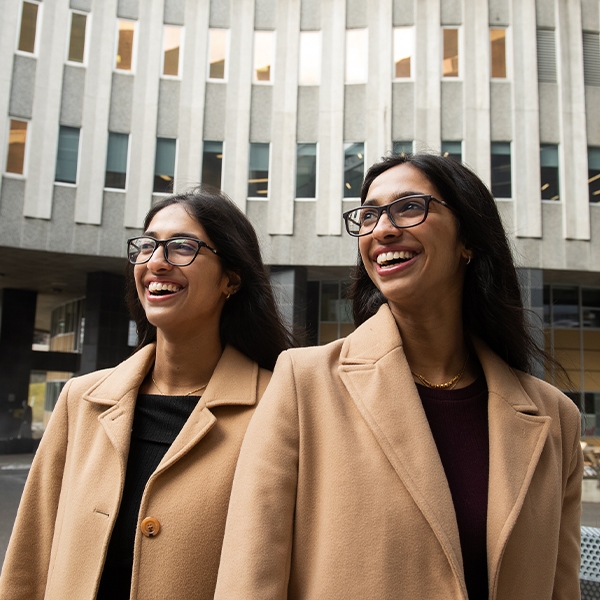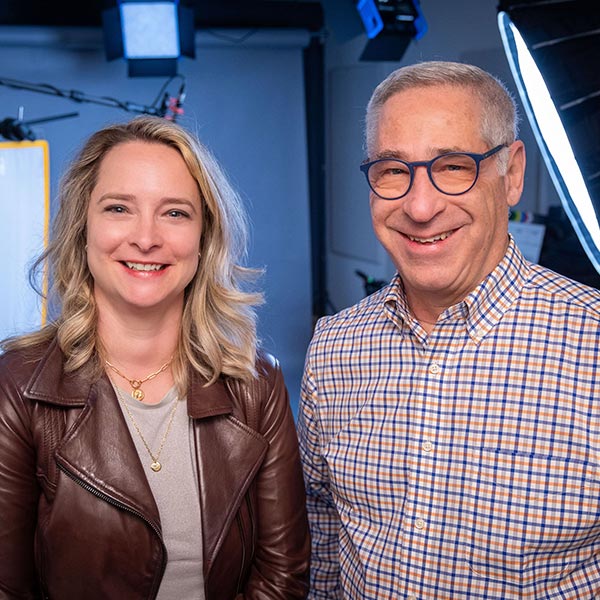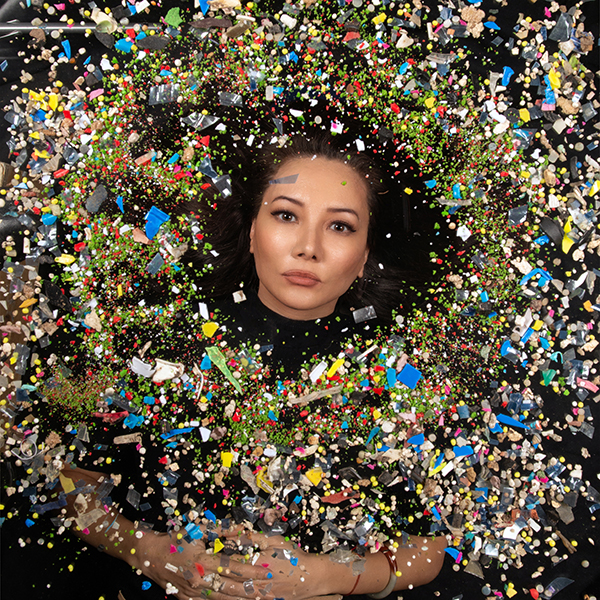As a newly minted doctor in the late seventies, Cécile Rousseau, MSc’94, headed to Guatemala, halfway into that country’s 36-year civil war, to practice family medicine.
The time she spent in villages with Mayan populations and working with curanderos (healers), altered her approach to medicine.
“I was not well equipped with my western knowledge to understand other ways of expressing distress,” says Rousseau, a professor in the social and transcultural psychiatry division of the Faculty of Medicine. “I needed to change my gaze and question some of my knowledge.”
She also came to the conclusion that Mayan culture – and all cultures, for that matter – had their own distinct approaches and traditions that played vital roles in how community members dealt with health issues.
The experience in Guatemala sparked her interest in migrants and refugees, and a desire to know more about trauma and post-traumatic stress disorder. “It was a very bloody war,” Rousseau says, and the Mayan population suffered greatly. “It certainly prompted my interest to know more about trauma and post-traumatic stress disorder, and certainly my interest for migrants and refugees.”
Rousseau became a psychiatrist afterward – training that included a master’s in transcultural psychiatry from McGill.
Through her transcultural psychiatry training, Rousseau became sensitive to “how culture can frame things and how we have difficulty reading it sometime as doctors.
“If you work with a family from South Asia, or from Africa, it’s important to know how they frame the issue, what they have tried, [and] what works,” says Rousseau, “and that they feel confident that you’re not denigrating or disqualifying how they think, because [their methods] may be very effective.”
In dealing with patients from other cultures, Rousseau suggests that health professionals should “work as an ally, saying, ‘You have knowledge and I respect [that]. I have knowledge which may be useful to you. How do we work together?’ To me, this is a more respectful stance than saying, ‘What you believe is superstition and I have the answers.’”
For the past 20 years, Rousseau’s research has focused on refugee children. She is also the scientific director for SHERPA, a provincial research institute on health and diversity.
When Quebec received a large influx of Syrian refugees in 2016, SHERPA developed emergency training programs for interpreters and health and social work professionals. SHERPA also created a training program for schools.
“I would say [things are] going well enough, but there is still a lot of work to do to meet the needs,” Rousseau says, citing mental health services for refugees and intercultural training in communities where refugees have settled. The SHERPA team continues to hear from school boards “and there are a lot of unmet needs,” says Rousseau.
Adapting to a new country, a new culture and a new school system isn’t an easy challenge for any young refugee, but Rousseau says a few of these children face particularly daunting obstacles.
Some children have missed out on school for long periods because of war and many had to learn to fend for themselves in dangerous environments. These kids have faced high levels of trauma and “they take risks,” such as playing with knives or joining gangs.
“For a school that does not expect aggressive behaviour, that could be quite frightening.”
Rousseau leads a SHERPA research team that examines risk factors for violent radicalization. “There is a lot of cultural misunderstanding, which can lead to difficult situations,” she says. “There is a need to create expertise to disentangle that, to minimize the profiling, to address the mental health problems – which [can] take a kind of radicalization flavor, but they’re not radicalization cases linked to extremist organizations.”
Her SHERPA team’s work has pointed to the importance of not jumping to conclusions too swiftly.
Last fall, Rousseau and SHERPA released the results of a survey involving students at eight CEGEPs. At the time, Rousseau said some of the findings challenged “pre-conceived notions.” For instance, students who were religious or first-generation immigrants were actually less likely to become radicalized. The key factors related to susceptibility to radicalization included a history of family violence or other traumatic experiences.
Existing research on radicalization prevention programs is very thin, Rousseau says. “It means that everything we do, we should evaluate thoroughly and rigorously.
“We really feel that prevention of radicalization is grounded in a better living together,” Rousseau says. She applauds the efforts of Montreal police, for instance, in responding to cases of hate “incidents” which fall short of being full-fledged crimes, making it plain that hateful behaviour – whether it targets Blacks, Jews, Muslims or others – is unacceptable. When hateful acts that target certain communities are challenged in such a way, the members of those communities take comfort from that, says Rousseau.
One of SHERPA’s current initiatives – “What if the walls spoke about us” – is an intergenerational community art project with the Montreal Museum of Fine Arts that involves young people from Hochelaga-Maisonneuve, Park Extension and St. Laurent.
“We believe that it’s a very strong way to bridge communities and to express things symbolically. You can say a lot,” Rousseau says.
“For us it’s wonderful when youth in those neighbourhoods create rap, create dance, create a play and so on, because it’s a very powerful way to appropriate a city [and] to say… ‘Yes, there are things which are hurtful, but we also have a voice and a certain power.’”


